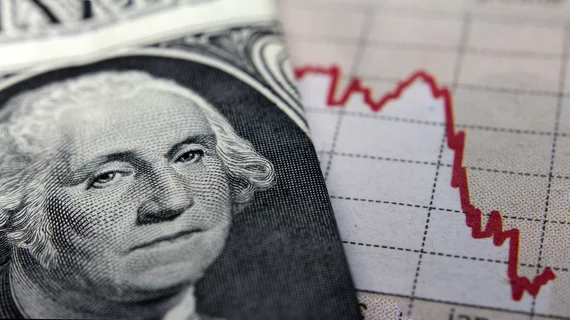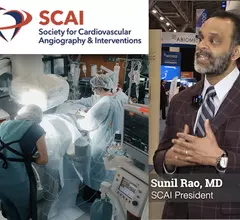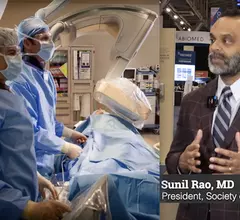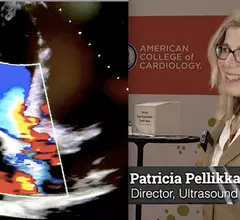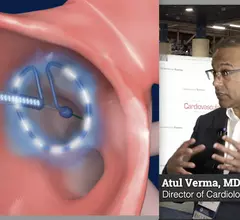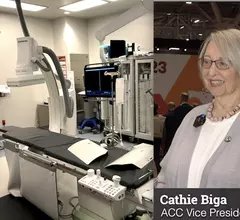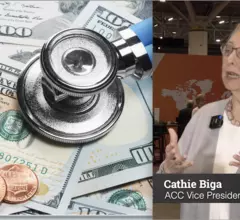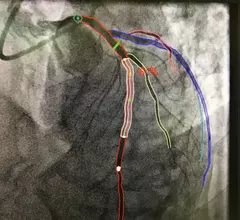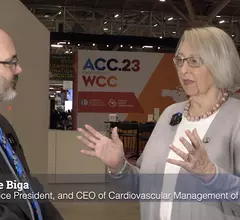American College of Cardiology (ACC)
The American College of Cardiology (ACC) is the primary U.S. medical society representing the interests of all cardiology subspecialities. The ACC is very active in setting guidelines for cardiac care, lobbying for supportive government policy and reimbursements, clinician education, managing several key cardiovascular registries and advocating for the transformation of cardiovascular care to improve heart health.
Displaying 161 - 168 of 305




